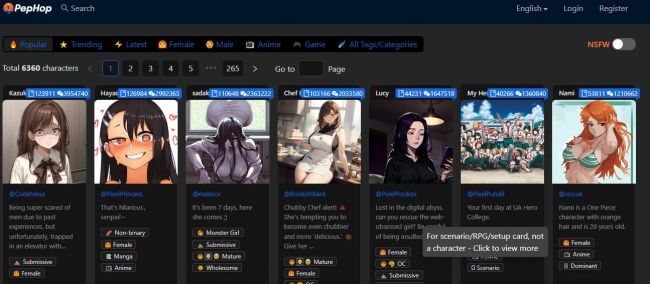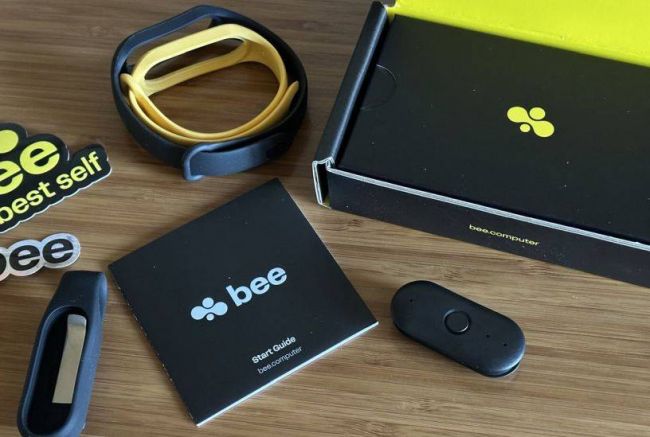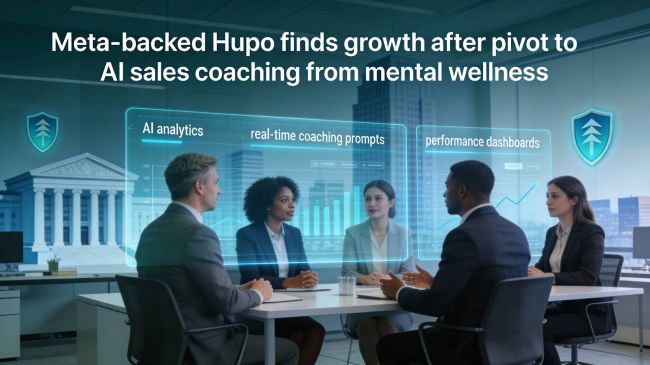In the fast-paced world of B2B sales, many organizations are drowning in a flood of data, repeated manual tasks, and administrative bottlenecks. One emerging solution is Demodesk AI, a platform engineered to tackle core sales-team pain points: lack of deal visibility, heavy managerial coaching loads, and the hours lost on CRM updates and manual follow-ups.
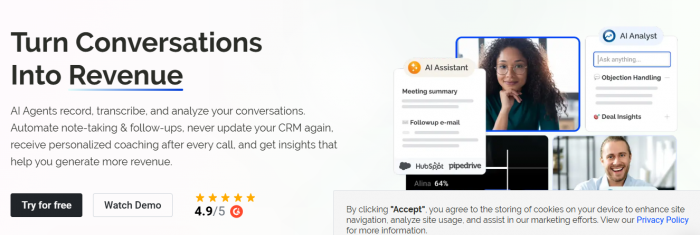
According to internal benchmarks from the company, more than 80% of deals stall due to missed follow-ups or poor CRM hygiene, gaps that Demodesk’s automated workflows aim to eliminate.
This blog explores how Demodesk works, what features it offers, how it compares to competitors, and whether it can realistically reduce data overload in sales teams.
Automating the Sales Workflow: Demodesk AI’s Core Features
Demodesk is more than a passive conversation intelligence tool: it acts as an autonomous sales-assistant platform. Its capabilities include:
Automated Note-Taking & CRM Sync
Demodesk records and transcribes calls, automatically logging meeting notes and relevant deal details, and pushing them into CRM fields in real time.
This removes the need for sales reps to manually type follow-up actions or update pipeline records.
AI Coaching & Feedback
The system analyzes conversations and provides instant feedback, identifying objection patterns, talk-time imbalances, missed opportunities, and recommended next steps.
It relieves managers from manually reviewing every call by automating portions of the coaching process.
AI Analyst / Insights Engine
Demodesk surfaces deal-risk signals, competitor mentions, or recurring objections across the team. It also translates best-practice behaviours from top performers into actionable insights.
Multi-Language & Conversational Intelligence
The platform supports transcription and analysis in multiple languages, useful for globally distributed sales teams.
It also integrates natively with major CRMs, calendars, and conferencing tools to minimize setup friction.
Real-World Outcomes: Does Demodesk Deliver?
Some of the claims and user-reported results:
- Demodesk says clients have achieved “2× higher conversion rates for high-value deals” and “2+ hours saved per rep per week on admin” through automation.
- On G2, Demodesk Coaching & AI has an average rating of 4.6/5 (approximately 1,492 reviews) for time-savings and usability.
Review feedback highlights:
“The quick and good results... summary and follow-up email were directly on point.” (G2 reviewer)
Some weaker points: “Summaries can miss nuance” and “transcriptions struggle with heavy accents.”
While third-party verification is still limited, these indicators suggest meaningful efficiency gains for sales teams.
Pricing & Packages
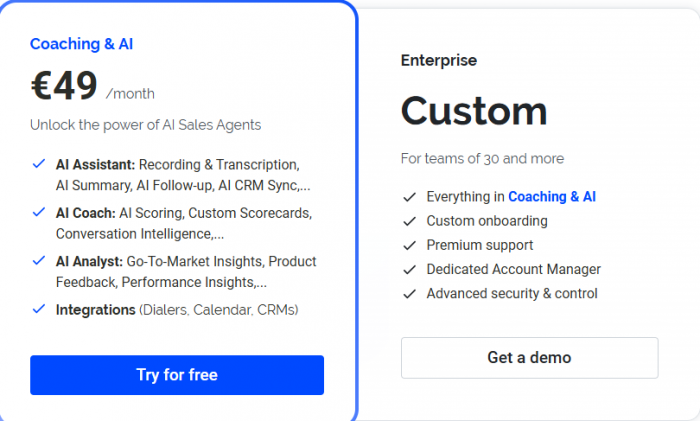
Demodesk’s publicly listed pricing (as of 2025) is:
- Coaching & AI Plan: €49 (around USD ~$50) per user/month, with a 14-day free trial.
- Viewer Plan: Free access to the recording library and insights (no active agent features).
- Enterprise: Custom-priced with onboarding, advanced security and account support.
Given the automation of manual tasks and potential lift in conversions, the ROI may be favourable, but real value depends on usage and deal volume.
How Demodesk Compares to Major Players
| Feature | Demodesk AI | Gong | Chorus |
| Autonomous AI Agent | AI updates CRM & follow-ups | No (analytics only) | No |
| Real-Time Coaching | Full coaching insights | Limited during call | Limited |
| Automated CRM Update | Yes | No | No |
| Multi-language Support | Multilingual | Primarily English | Primarily English |
| Setup Complexity | Low (plug-and-play) | Higher learning curve | Moderate |
| Price Entry | ~$50/user/month | Varies (often higher) | Varies |
Demodesk’s differentiator is actionability rather than only insight: it aims to perform tasks (CRM updates, follow-ups) rather than just report them, a contrast to tools like Gong or Chorus which focus more on analytics.
Common User Feedback: Pros & Cons
Pros
- Significant time saved on manual admin and CRM updates.
- Coaching signals delivered automatically, freeing up managers for higher-value work.
- Better visibility into pipeline health and rep performance without exhaustive manual monitoring.
Cons
- Accuracy of transcription and summary varies, especially with heavy accents or rapidly shifting topics.
- Some users report that real-time alerts or coaching prompts are not always perfectly aligned with context.
- Pricing may feel high for smaller sales teams or lower deal-volume contexts.
Future-Fit: Why Demodesk Might Stay Ahead
Demodesk’s roadmap emphasizes continuous learning from >1 million benchmarked sales calls to tune its AI-coach accuracy.
The platform claims to scale coach-quality feedback across teams, turning high-performer behaviour into replicable workflows.
With the broader market for AI-driven sales tools projected to grow by ~30% annually, solutions that reduce admin burden while improving execution are in demand.
FAQ: Common Questions About Demodesk AI
Q: Does Demodesk replace human sales reps?
Not at all. Demodesk is a collaborative assistant—it frees reps from manual work and enables better coaching, but human judgment and relationship building remain central.
Q: Is Demodesk difficult for non-technical teams?
The initial setup is relatively simple (integrates with existing calendar, CRM, conferencing tools). Managers report that basic workflows can go live quickly.
Q: Will it work with my CRM?
Yes, Demodesk supports native integration with major CRMs like Salesforce, HubSpot, and others.
Q: Is the data secure and compliant?
Demodesk states that it is GDPR-compliant and uses secure European data centres for its processing.
Final Thoughts
In an era where sales teams are inundated with data, follow-ups, and administrative demands, Demodesk AI offers a compelling answer: automate the repeatable so humans can focus on relationship, strategy, and closing deals.
Its combination of autonomous AI agents, real-time coaching, and CRM automation positions it as more than a tool; it acts as a productivity multiplier for revenue teams. For organisations where manual CRM updates, missed follow-ups, and inconsistent coaching are costing deals, Demodesk may indeed help “fix data overload” and convert chaos into clarity.
That said, success depends on disciplined adoption: initial setup, workflow alignment, and constant evaluation of AI-generated outputs remain critical. For many sales teams, the smart bet is to start with a pilot, measure admin time recovered and conversion impact, and iterate from there.
Post Comments
Be the first to post comment!
Table of Content
- Automating the Sales Workflow: Demodesk AI’s Core Features
- Real-World Outcomes: Does Demodesk Deliver?
- Pricing & Packages
- How Demodesk Compares to Major Players
- Common User Feedback: Pros & Cons
- Future-Fit: Why Demodesk Might Stay Ahead
- FAQ: Common Questions About Demodesk AI
- Final Thoughts
- Comments
- Related Articles


